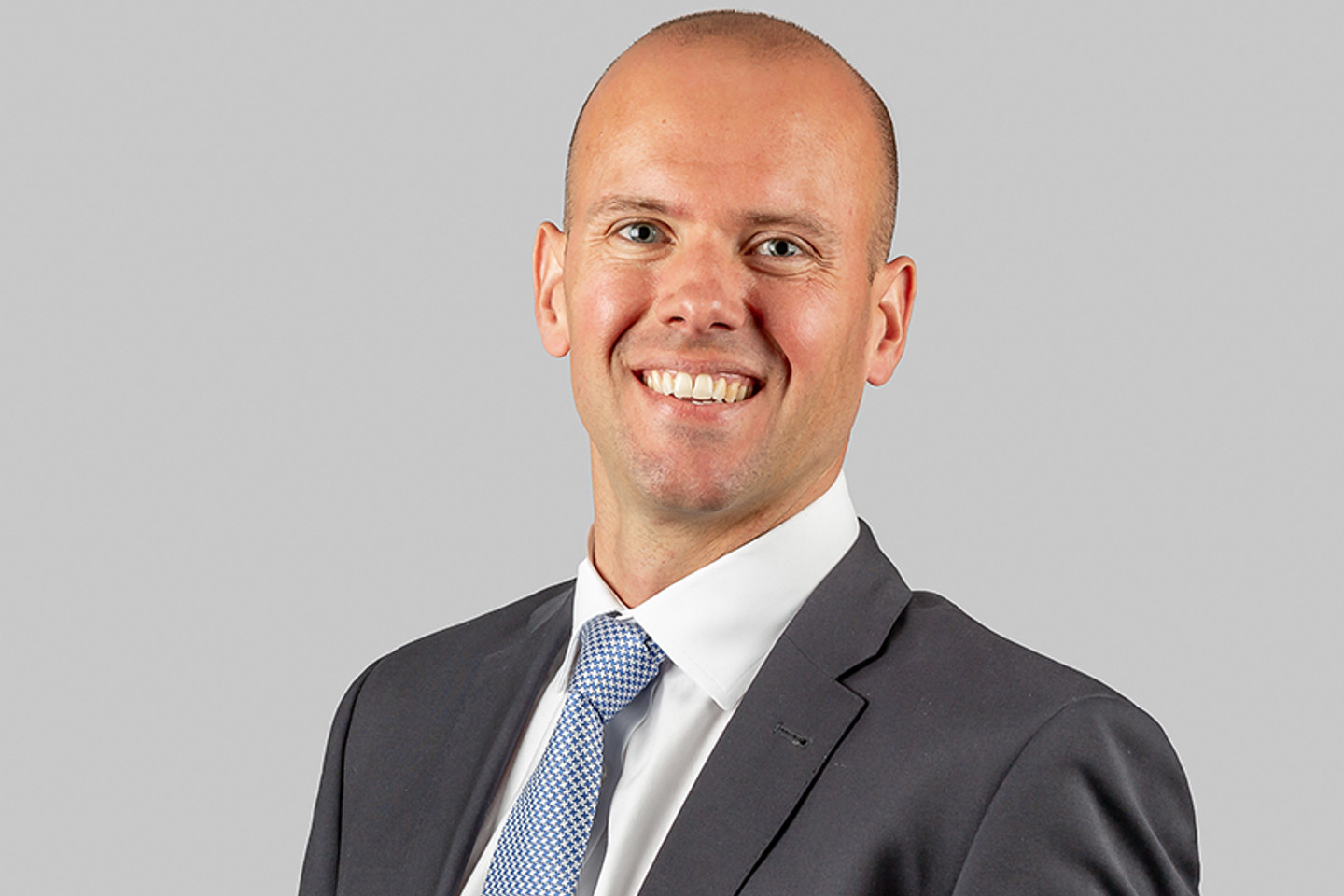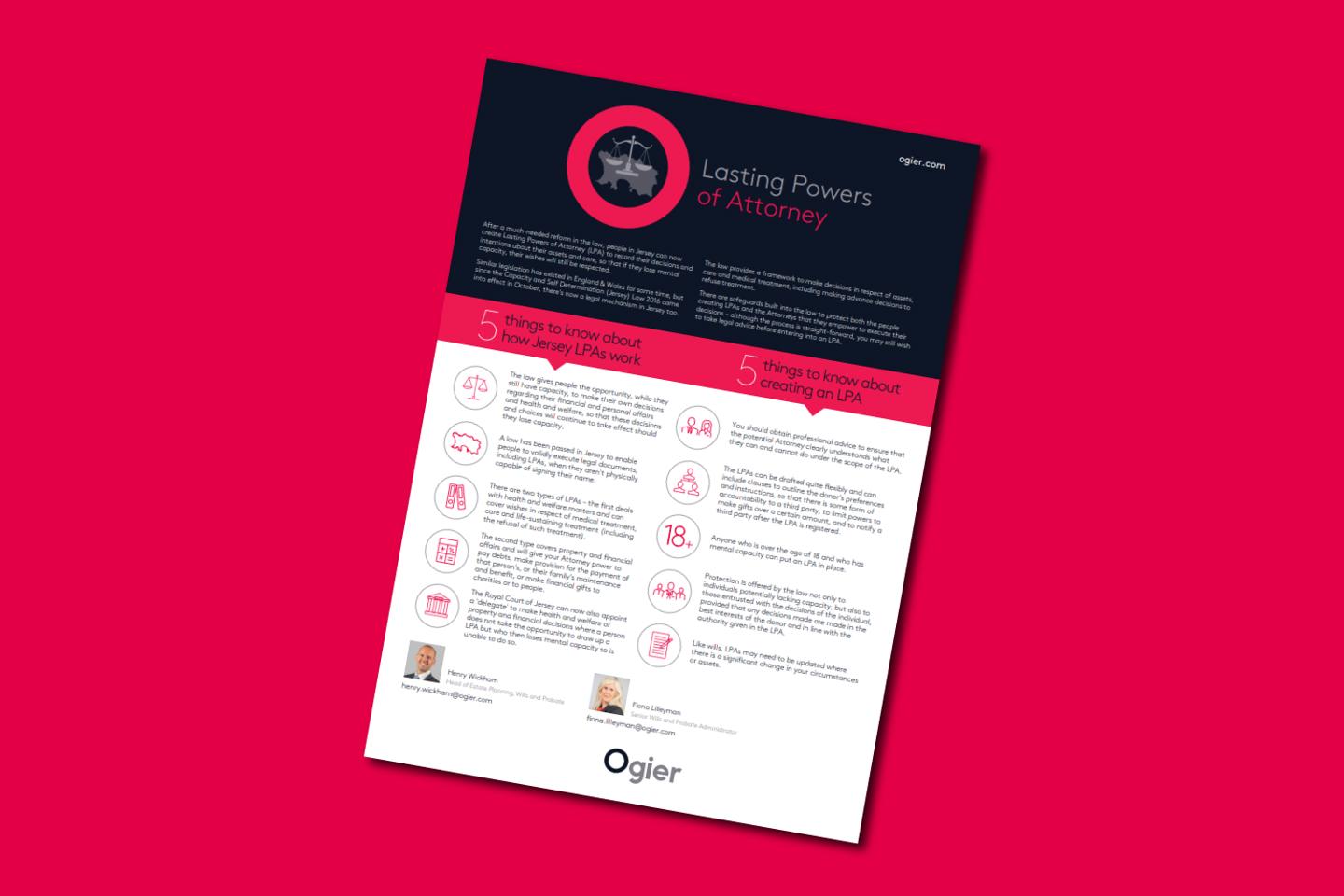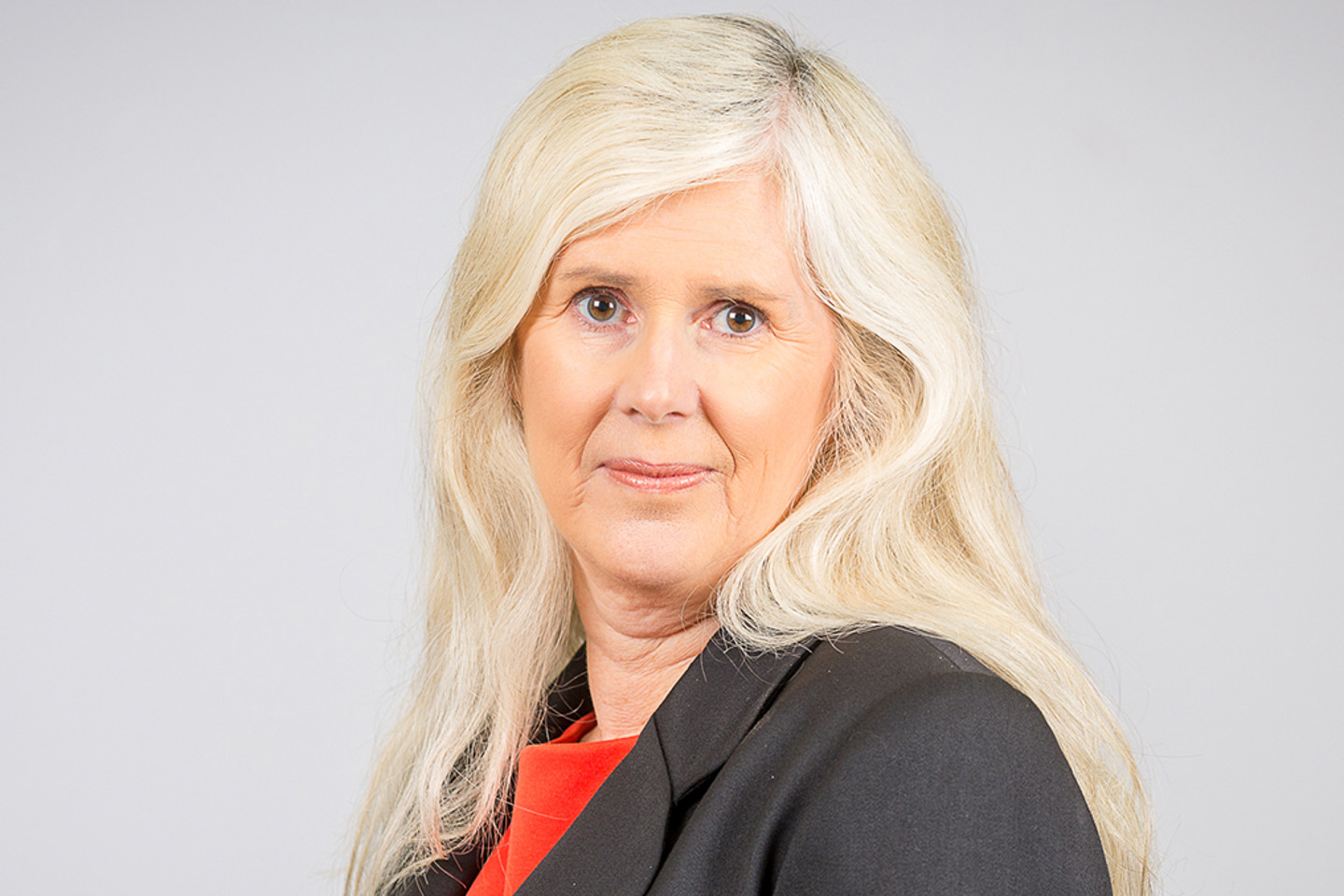
Henry Wickham
Partner | Legal
Jersey

Henry Wickham
Partner
Jersey
Big things are happening at Ogier. Change is embedded in everything we do. It is redefining our talent, our ways of working, our platforms of delivery, our culture.
Services
We have the expertise to handle the most demanding transactions. Our commercial understanding and experience of working with leading financial institutions, professional advisers and regulatory bodies means we add real value to clients’ businesses.
Sectors
Our sector approach relies on smart collaboration between teams who have a deep understanding of related businesses and industry dynamics. The specific combination of our highly informed experts helps our clients to see around corners.
We have the expertise to handle the most demanding transactions. Our commercial understanding and experience of working with leading financial institutions, professional advisers and regulatory bodies means we add real value to clients’ businesses.
Legal
Corporate and Fiduciary
Consulting
Banking and Finance
Corporate
Dispute Resolution
Employment law
Intellectual Property
Investment Funds
Listing services
Local Legal Services
Private Wealth
Property law
Regulatory
Restructuring and Insolvency
Tax
Banking and Finance overview
Asset Finance
CAYLUX Fund Finance
Debt Capital Markets
Derivatives
Fund Finance
Islamic Finance
Leveraged Finance
Listing services
Real Estate Finance
Regulatory
Restructuring and Insolvency
Structured Finance
Sustainable Finance
Corporate overview
Economic Substance
EIIS Services in Ireland
Equity Capital Markets
Insurance and Reinsurance
Listing services
Mergers and Acquisitions
Private Equity
Real Estate Structuring, Acquisitions and Disposals
Regulatory
Technology and Web3
Dispute Resolution overview
Banking Disputes
Corporate and Financial Services Disputes
Crypto Disputes
Enforcement of Judgments and Awards
Fraud and Asset Tracing
Funds Disputes
Insurance Disputes
International Arbitration
Regulatory
Restructuring and Insolvency
Section 238 Shareholder Appraisal Rights
Shareholder and Valuation Disputes
Trusts Disputes and Applications
Investment Funds overview
Hedge Funds
Managers and Sponsors
Private Equity
Real Estate, Infrastructure and Energy Funds
Regulatory
Sustainable Investing and Impact Funds
Technology and Web3
Local Legal Services overview
Cayman Local Legal Services
Channel Islands Local Legal Services
Ireland Local Legal Services
Employment law
Estate Planning, Wills and Probate
Expat services
Family Office
Intellectual Property
Make your Guernsey will online
Make your Jersey lasting power of attorney online
Make your Jersey will online
Notary public services
Relocating your business
Relocating your family
Property law
Accounting and Financial Reporting Services - Ogier Global
Cayman Islands AML/CFT training - Ogier Global
Corporate Services - Ogier Global
Debt Capital Markets - Ogier Global
Fund Services - Ogier Global
Governance Services - Ogier Global
Investor Services - Ogier Global
Ogier Connect - Ogier Global
Private Wealth Services - Ogier Global
Real Estate Services - Ogier Global
Regulatory and Compliance Services - Ogier Global
Our sector approach relies on smart collaboration between teams who have a deep understanding of related businesses and industry dynamics. The specific combination of our highly informed experts helps our clients to see around corners.
Ogier provides practical advice on BVI, Cayman Islands, Guernsey, Irish, Jersey and Luxembourg law through our global network of offices across the Asian, Caribbean and European timezones. Ogier is the only firm to advise on this unique combination of laws.
Keep up to date with industry insights, analysis and reviews. Find out about the work of our expert teams and subscribe to receive our newsletters straight to your inbox.
Fresh thinking, sharper opinion.
We get straight to the point, managing complexity to get to the essentials. Our global network of offices covers every time zone.
No Content Set
Exception:
Website.Models.ViewModels.Components.General.Banners.BannerComponentVm

After a much-needed reform in the law, people in Jersey can now create Lasting Powers of Attorney (LPA) to record their decisions and intentions about their assets and care, so that if they lose mental capacity, their wishes will still be respected.
Similar legislation has existed in England & Wales for some time, but since the Capacity and Self Determination (Jersey) Law 2016 came into effect in October, there's now a legal mechanism in Jersey too.
The law provides a framework to make decisions in respect of assets, care and medical treatment, including making advance decisions to refuse treatment.
There are safeguards built into the law to protect both the people creating LPAs and the Attorneys that they empower to execute their decisions – although the process is straight-forward, you may still wish to take legal advice before entering into an LPA.
The law gives people the opportunity, while they still have capacity, to make their own decisions regarding their financial and personal affairs and health and welfare, so that these decisions and choices will continue to take effect should they lose capacity.
A law has been passed in Jersey to enable people to validly execute legal documents, including LPAs, when they aren't physically capable of signing their name.
There are two types of LPAs – the first deals with health and welfare matters and can cover wishes in respect of medical treatment, care and life-sustaining treatment (including the refusal of such treatment).
The second type covers property and financial affairs and will give your Attorney power to pay debts, make provision for the payment of that person's, or their family's maintenance and benefit, or make financial gifts to charities or to people.
The Royal Court of Jersey can now also appoint a 'delegate' to make health and welfare or property and financial decisions where a person does not take the opportunity to draw up a LPA but who then loses mental capacity so is unable to do so.
You should obtain professional advice to ensure that the potential Attorney clearly understands what they can and cannot do under the scope of the LPA.
The LPAs can be drafted quite flexibly and can include clauses to outline the donor’s preferences and instructions, so that there is some form of accountability to a third party, to limit powers to make gifts over a certain amount, and to notify a third party after the LPA is registered.
Anyone who is over the age of 18 and who has mental capacity can put an LPA in place.
Protection is offered by the law not only to individuals potentially lacking capacity, but also to those entrusted with the decisions of the individual, provided that any decisions made are made in the best interests of the donor and in line with the authority given in the LPA.
Like wills, LPAs may need to be updated where there is a significant change in your circumstances or assets.

Henry Wickham
Partner | Legal
Jersey

Henry Wickham
Partner
Jersey
Contact Henry
Back

Fiona Lilleyman
Probate Manager | Legal
Jersey

Fiona Lilleyman
Probate Manager
Jersey
Contact Fiona
Back
Sign up to receive updates and newsletters from us.
Sign up
No Content Set
Exception:
Website.Models.ViewModels.Blocks.SiteBlocks.CookiePolicySiteBlockVm
